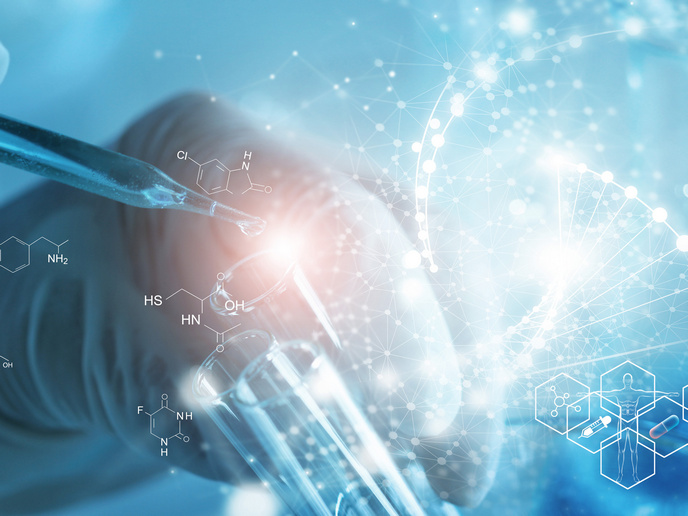The genetics of perfect timing
Time is a fundamental dimension of life. Evolution has selected for mechanisms that allow both humans and animals to respond to the time parameters around them. This may mean the difference between survival and success in the animal world. There are two distinct mechanisms of timing within living organisms. Circadian timing involves events anticipated on a 24 hour basis controlling obvious functions like sleep-wake patterns and appetite. Interval timing on the other hand controls the ability to calculate shorter durations, in the order of seconds to minutes. %An internal stopwatch estimates timing for activities like ring doves sitting on a nest of eggs when a long absence would mean death for the youngsters before hatching. At the human level, timing in milliseconds is necessary for speech control, playing music and dancing. The EU-funded project, Genetics of timing aimed to get to the bottom of how these mechanisms work at a molecular level. Researchers worked with mutant strains of mice that have severe memory and learning deficiencies because of the lack of the protein CaMKII. The molecule CaMKII induces synaptic plasticity in nerve cells. Plasticity is essential so the connections between nerve cells strengthen, which results in learning ability and memory through reinforcement. Despite their level of forgetfulness, the mutant mice had no problem learning the durations of intervals set up by the scientists that ranged from 3 to 42 seconds. It is therefore unlikely that CaMKII is involved in interval timing. Project researchers are also investigating the involvement of another signalling protein in the brain, Erk. This is thought to be responsible for plasticity within key areas in the brain and may be involved in interval timing. The complex chemical secrets of memory and learning functions are being exposed. The investigation of two major pathways involved has many medical applications including memory loss as a result of ageing.







